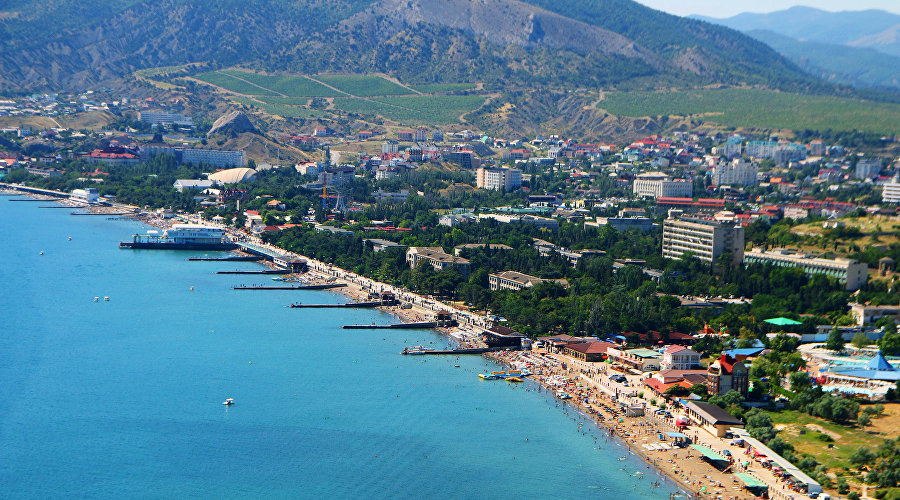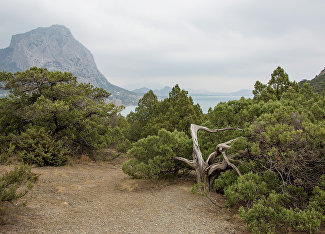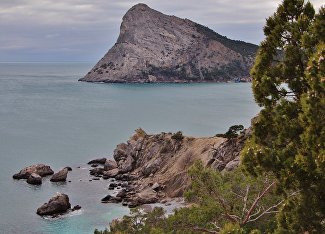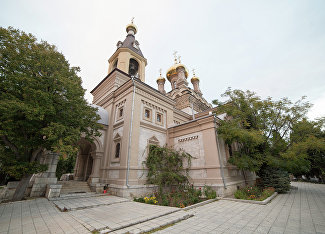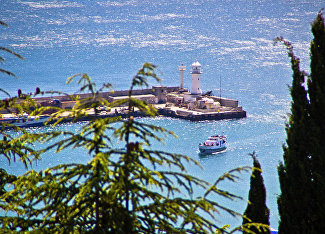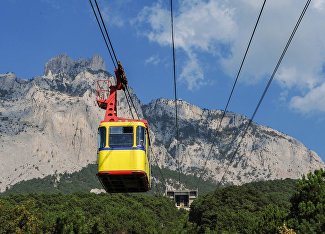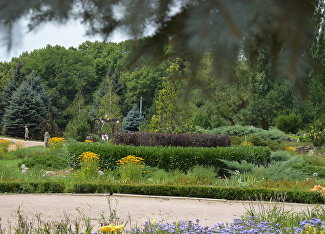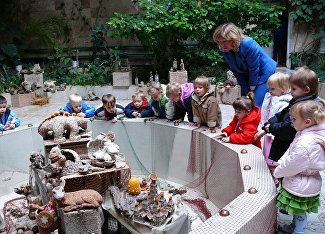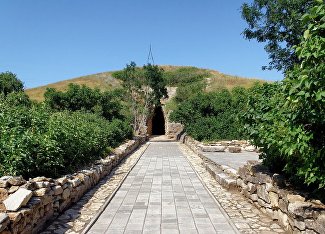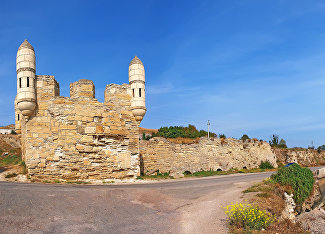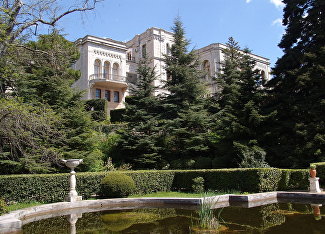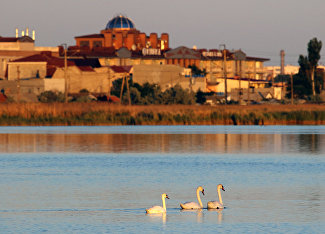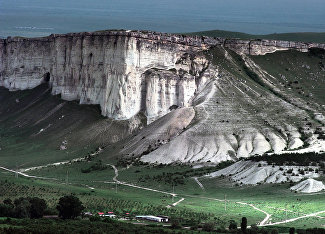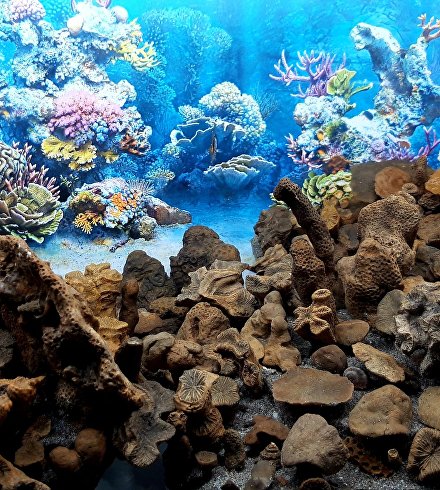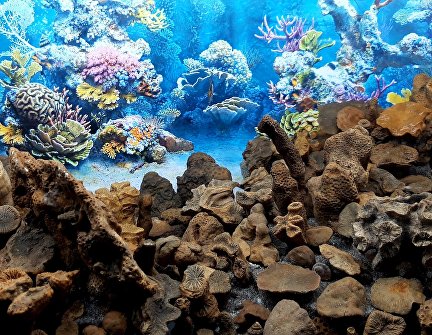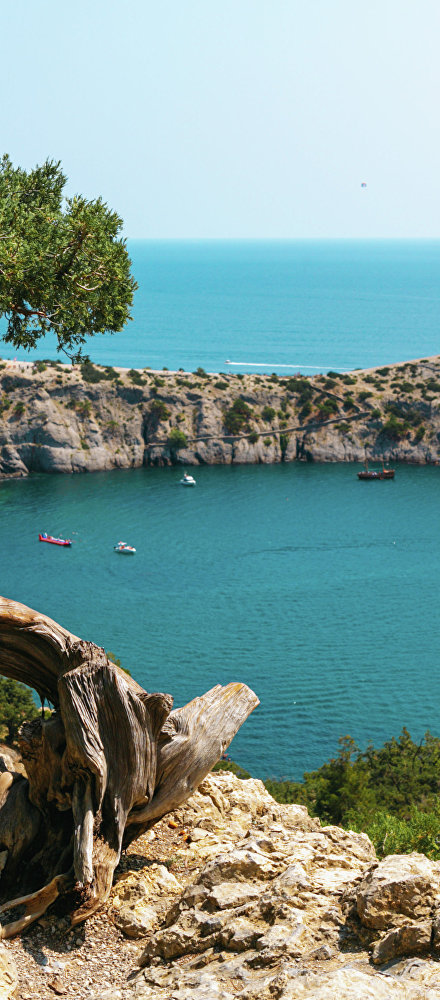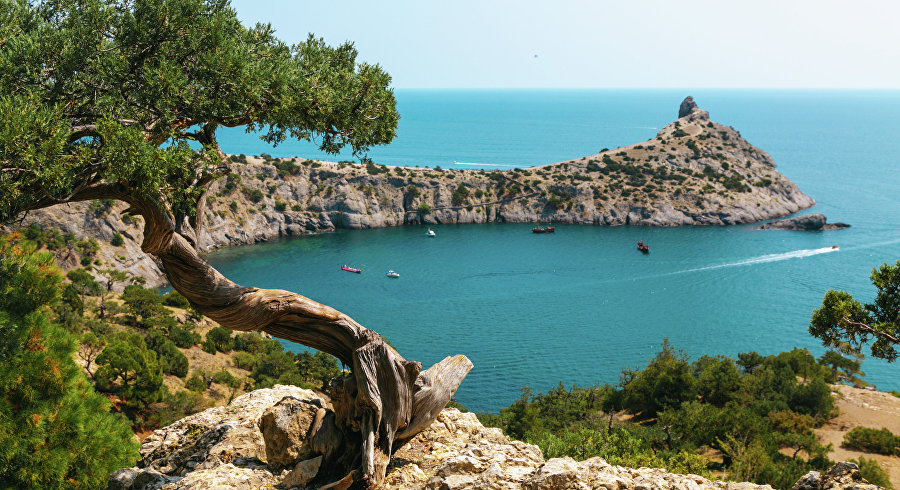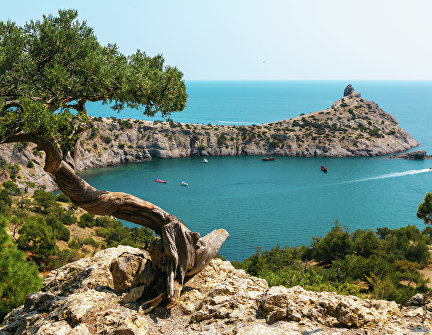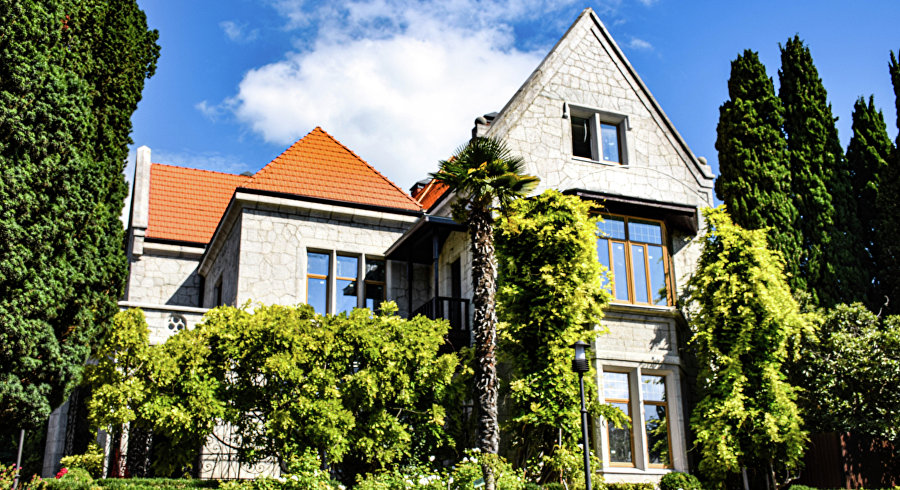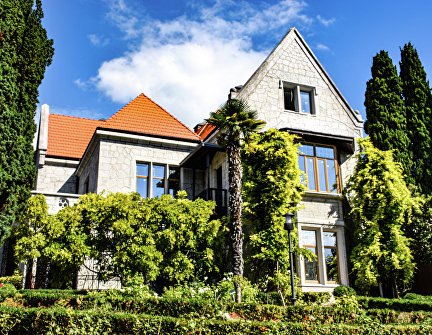Crimea rejoined Russia in 2014, when more than 96 percent of those participating in a regional referendum voted in favor of the reunification.
Beating post-Soviet record
According to Crimea's Resorts and Tourism Minister Vadim Volchenko, in 2014, 3.8 million people visited the peninsula, while in 2018, the number of tourist arrivals reached 6.8 million, showing an increase of 79 percent. Moreover, during this time, tax revenues from tourism increased from 1.7 billion rubles ($25.7 million) to 3.2 billion rubles.
"There are quantitative results, and there are qualitative ones. If we are talking about quantitative ones, then this is, of course, first of all, a record number of tourists in Crimea for the entire post-Soviet period, and this year we see a positive trend and hope that the season will go well. The improvement of qualitative indicators is possible only after expanding infrastructure capacity," the minister said.
Volchenko stressed that, for many years, the peninsula had been suffering from the lack of investment in sectors that are crucial for developing tourism, such as roads, water supply system or sewerage system.
"[Now], investment platforms are being established in Crimea, infrastructure projects for the renovation of existing sanatoriums, guesthouses are being developed and implemented," Volchenko underlined.
According to the minister, over the last five years, 28 new spa and hotel facilities have been opened in Crimea, while 173 were upgraded. In addition, 26 new tourist facilities, such as museums, amusement parks and others, have been built. The number of beaches in Crimea has increased significantly from 261 in 2014 to 460 in 2019.
What business thinks about Crimea's growing tourism
The chairwoman of Crimea's Association of Small Hotels, Natalia Parkhomenko, told Sputnik she could see clear and fundamental changes in the development of tourism on the peninsula.
"There has been a very significant infrastructure development [in Crimea]. If Crimea continues to move forward at the same speed then in 10 years we will catch up with [Russia's resort city of] Sochi. There are great prospects for development. It can be clearly seen that a lot of money is being invested in the implementation of federal projects," Parkhomenko stressed.
The business official noted that Crimea was rapidly catching up with growth rate and opportunities it missed when it was part of Ukraine.
"To be honest, before the reunification of Crimea with Russia, little was done for the development of domestic tourism. Now it has made enormous strides," she pointed out.
Building basis for second 5-year plan
Alexei Chernyak, the head of Crimea's parliamentary committee for sanatorium resort complex and tourism, said companies were actively investing money in the building of accommodation facilities in Crimea.
"Over the last five years, Crimea has not only restored, but also exceeded the tourist flow of the Ukrainian period, improved the quality of service. In addition, a solid foundation for the second five-year period for the development of Crimea as part of Russia," he noted.
Chernyak stressed that, despite the Western sanctions, foreign tourists are discovering Crimea, expressing hope for a breakthrough in the course of the next five years.
Crimea's reunification with Russia was not recognized by Ukraine or Western states, which subsequently imposed economic and political sanctions on Moscow. Russia has repeatedly stated that the referendum was conducted in compliance with international law.
